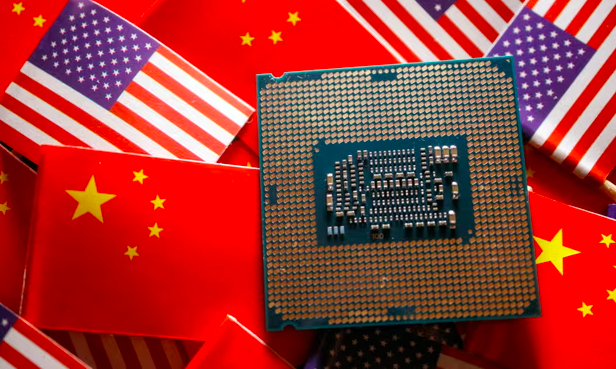Gina Raimondo, Secretary of the US Commerce Department, recently engaged her Chinese counterpart Wang Wentao in a discussion regarding recent restrictions imposed by China against American companies.
The two-hour meeting touched on the difficulties a number of leading American firms, including tech giants like Intel and Micron Technology, have had with their operations and transactions within the Chinese mainland.
The recent ban imposed by Beijing against the importing of Micron’s memory chips into the country was one of the major points of discussion, as was the government’s restrictions against gallium and germanium exports.
A Sensitive Matter
Meeting reporters after the meeting, Raimondo also remarked that the United States stands by its decision regarding the transparency of its export control enforcement initiatives.
This statement comes after recent criticism on the part of the Chinese government which alleges that the US government seeks to block its access to advanced semiconductor technologies through these initiatives.
However, blocking Chinese access to these semiconductor products is seen as a way to protect sensitive technologies. Indeed, just this month, the US government has put a tighter rein on any American investments into sensitive technologies coming from the Chinese Mainland. Come October 2023, it is expected that plans for even stricter export restrictions will be adopted by relevant industrial sectors.
Even before these restrictions come into play, over 200 Chinese companies have already been included in the US’ export control list. Raimundo has also stated that she will not hesitate to use further restrictions if and when necessary.
Bilateral Exchange
The meeting also resulted in the formation of a new bilateral working group which will focus on commercial matters as well as a structured exchange of information regarding the enforcement of export controls.
Raimondo explained that this exchange will serve as a forum that seeks to clarify US policies on national security with the Chinese. However, the forum should not be seen as a platform for either compromise or negotiation regarding matters of America’s national security.















